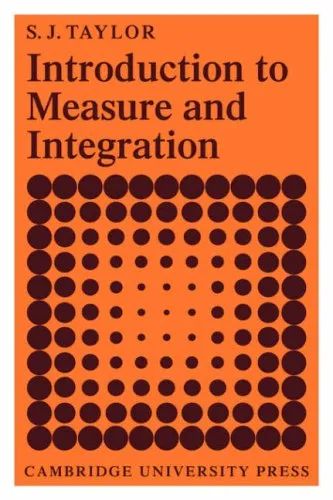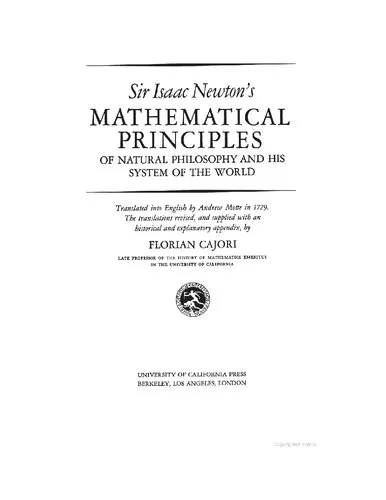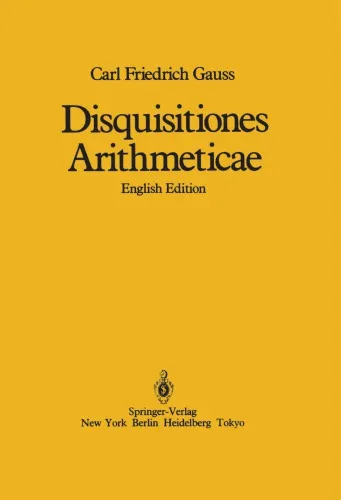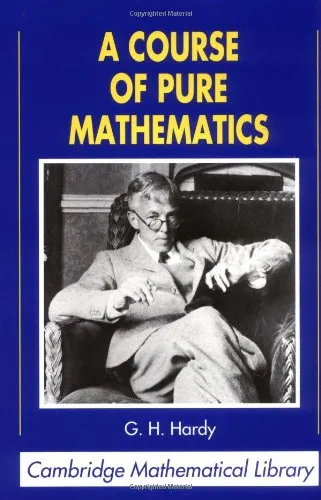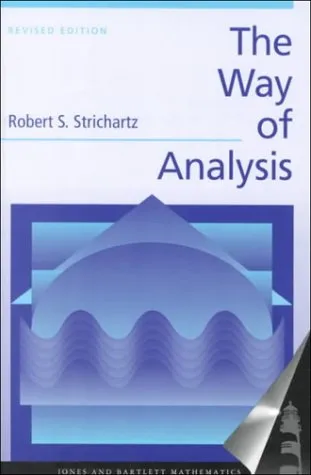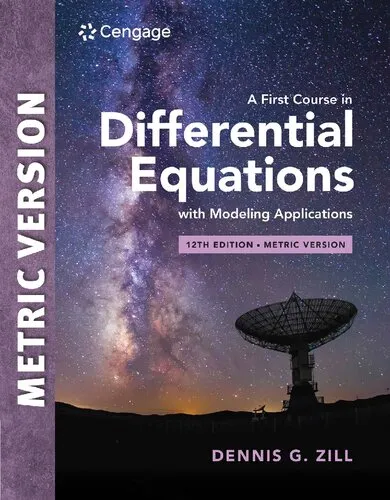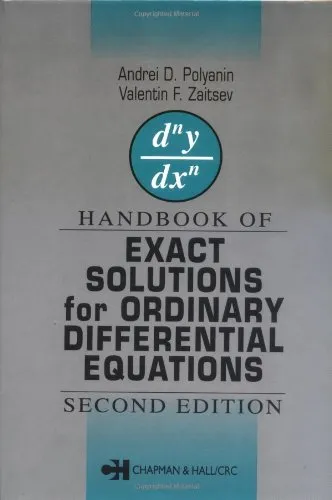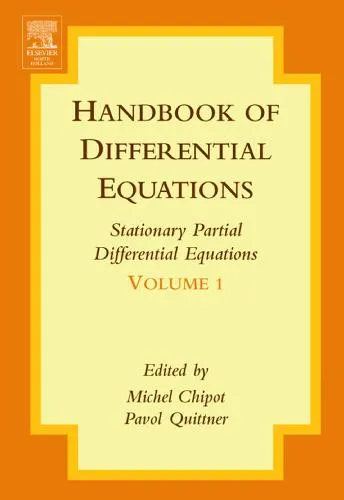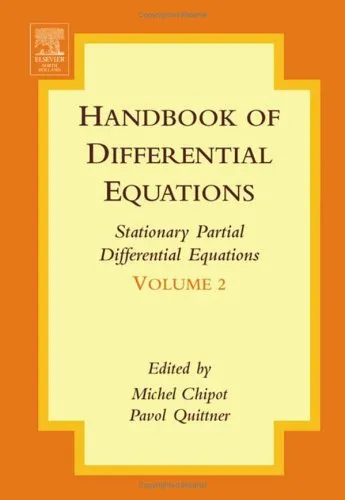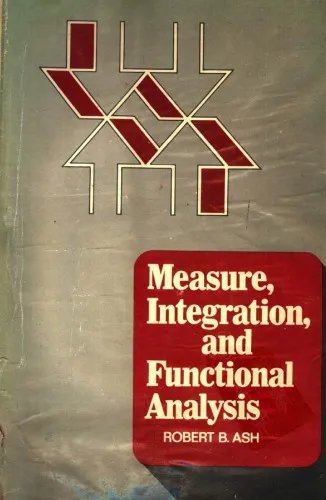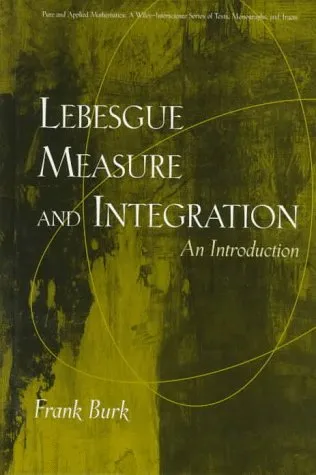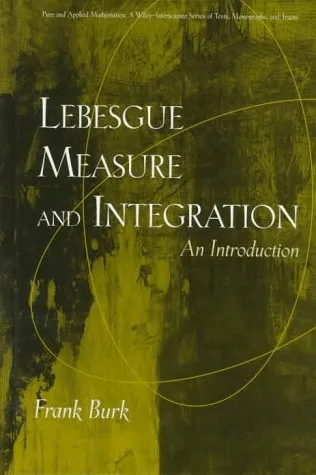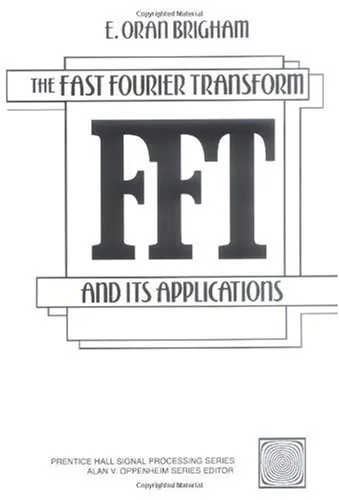Introduction to Measure and Integration
4.6
Reviews from our users

You Can Ask your questions from this book's AI after Login
Each download or ask from book AI costs 2 points. To earn more free points, please visit the Points Guide Page and complete some valuable actions.Related Refrences:
Introduction to Measure and Integration
"Introduction to Measure and Integration" is a comprehensive mathematical text that lays a solid groundwork for the theory of measure and the critical concepts of integration. Written with the goal of guiding both aspiring mathematicians and professionals in applied sciences, this book examines the rigorous mathematical foundations required for advanced analysis. It is structured to lead its readers from fundamental principles through to advanced applications, making it a cornerstone resource in the field.
The book begins by addressing the shortcomings of classical Riemann integration and gradually introduces the measure-theoretic approach as a more general framework. By employing clear exposition and formal reasoning, this text not only explores abstract measure spaces, σ-algebras, and measurable sets but also delves deeply into Lebesgue integration. Students and professionals alike will find it accessible yet sufficiently detailed to challenge their understanding of the subject.
Detailed Summary of the Book
The book, divided into logical and progressive chapters, opens with an overview of the limitations of existing integration techniques, such as the Riemann integral. Following this, the introduction to measure theory sets the stage for a broader understanding of measurable spaces and functions. Special attention is given to constructing measures and discussing properties like monotonicity, subadditivity, and completeness.
The subsequent chapters offer a deep dive into topics such as Lebesgue integration, convergence theorems, and the powerful Fubini and Tonelli theorems, leading readers to appreciate why Lebesgue’s framework is preferred in modern analysis. Chapters on Lp spaces provide insight into function spaces and their applications, linking measure theory with functional analysis.
The later portions of the book extend the theory to product measures, different modes of convergence, and a discussion of Radon-Nikodym derivatives. Real-world applications in probability theory and partial differential equations are seamlessly introduced to demonstrate practical relevance.
By the conclusion of the book, readers will have acquired a profound understanding of the theoretical and applied aspects of measure and integration, leaving them equipped to approach advanced mathematical subjects with confidence.
Key Takeaways
- A clear exposition of why measure theory supersedes Riemann integration in many applications
- Step-by-step construction of measures and their properties
- Comprehensive treatment of Lebesgue integration, its uniqueness, and advantages
- Convergence theorems such as the Monotone Convergence Theorem and Dominated Convergence Theorem
- Applications connecting measure theory to probability, functional analysis, and physics
- Understanding the role of Lp spaces in modern mathematics
Famous Quotes from the Book
"Only by expanding the definition of integration can we truly understand the behavior of functions in spaces of arbitrary dimensions."
"Lebesgue integration is not just an alternative; it is a necessity for the rigorous exploration of convergence and completeness in mathematics."
"The power of measure theory lies not in its abstraction, but in its applicability to real-world phenomena where classical tools fall short."
Why This Book Matters
"Introduction to Measure and Integration" serves as a bridge between classical calculus and the requirements of modern analysis, probability theory, and physics. Measures and integration are foundational tools in advanced mathematics, and this book addresses their theory thoroughly yet accessibly, making it indispensable for learners and professionals alike.
In many areas of applied mathematics, the Riemann integral fails to address core challenges such as handling discontinuous functions, divergent series, or infinite-dimensional spaces. This is where measure theory comes into play, extending the notion of integration while providing a robust framework for understanding the convergence of functions. From theoretical aspects to applied problems, this book equips its readers with the tools to navigate these complexities.
Whether you are a student delving into the infinite complexities of functional analysis or a researcher working on stochastic processes, this book provides the essential mathematical rigor and clarity needed for success. Its profound insights into measurable spaces, integrable functions, and their real-world applications offer value that extends far beyond the pages of this text.
Free Direct Download
You Can Download this book after Login
Accessing books through legal platforms and public libraries not only supports the rights of authors and publishers but also contributes to the sustainability of reading culture. Before downloading, please take a moment to consider these options.
Find this book on other platforms:
WorldCat helps you find books in libraries worldwide.
See ratings, reviews, and discussions on Goodreads.
Find and buy rare or used books on AbeBooks.
1392
بازدید4.6
امتیاز0
نظر98%
رضایتReviews:
4.6
Based on 0 users review
Questions & Answers
Ask questions about this book or help others by answering
No questions yet. Be the first to ask!
